(2 pack) Dove Coconut Milk Body Wash 22 Oz
Looking for a skin cleanser that indulges your senses and pampers your skin? The #1 dermatologist advocated frame wash, Dove Restoring Body Wash nourishes your pores and skin and senses with creamy coconut butter and cocoa butter at the same time as leaving pores and skin tender and clean. This body wash is sulfate- and paraben-loose with a mild, pH-balanced formulation, making it a tremendous body wash for dry skin unlike normal bathtub cleaning soap or shower gel. This frame wash uses Dove Moisture Renew Blend, a mixture of skin-herbal nourishers and plant-based moisturizers. The lipids and glycerin in our formulation take in deeply into the pinnacle layers of skin, in which they get right to paintings! This proprietary combination of moisturizing elements is tested to paintings with your skin to nourish it, so it can keep and create new moisture. For high-quality results, squeeze the restoring coconut butter and cocoa butter frame wash into your hand or onto a shower pouf and work it into a rich lather. Massage it over your skin, taking time to permit the nourishing coconut butter and cocoa butter to indulge your senses. Rinse off, revealing soft and smooth pores and skin. Made with one hundred% mild cleansers, Dove Coconut Butter and Cocoa Butter Body Wash is gentle to pores and skin’s microbiome, its residing protective layer. It creates a wealthy, buttery lather that moisturizes and replenishes skin even as also leaving it cleansed, easy, and gentle. With obviously derived cleansers and pores and skin-natural vitamins, we care approximately what is going into our frame wash. Dove sulfate-free body wash is #1 dermatologist recommended and microbiome mild. Dove care goes further than moisturizing body wash with PETA Cruelty-Free certification and one hundred% recycled plastic bottles. At Dove, our imaginative and prescient is of a world wherein beauty is a supply of confidence, and now not anxiety. So, we’re on a mission to assist the subsequent generation of women broaden a wonderful relationship with the way they appearance—accomplishing over ¼ of a billion younger human beings with self-esteem schooling by using 2030. We are committed to a landmark new initiative as a part of our 2025 dedication to lessen plastic waste—decreasing over 20,500 metric lots of virgin plastic annually with the aid of making the enduring beauty bar packaging plastic-unfastened globally, launching new 100% recycled plastic bottles and trialing a brand new refillable deodorant layout that noticeably reduces plastic use. As considered one of the biggest beauty brands within the world, we are revealing an agenda-placing commitment to tackle the global beauty industry’s plastic waste issue.

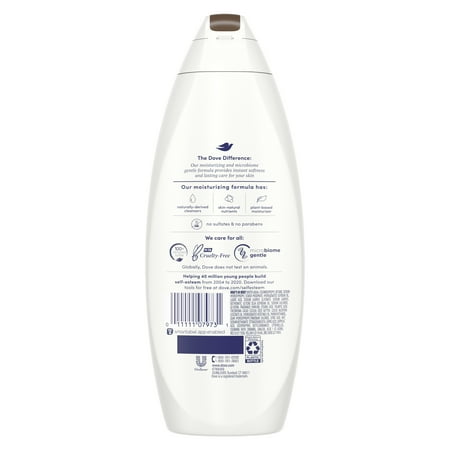
Dove Coconut Milk Body Wash 22 Oz Out of Hand Soap? Dove Dove Coconut Milk Body Wash is Just As Effective for Cleaning Hands!MILD AND PH-BALANCED: Dove Restoring Body Wash includes Moisture Renew Blend—a mixture of pores and skin-natural nourishers and plant-based moisturizers that absorb deeply into the pinnacle layers of skin.#1 DERMATOLOGIST RECOMMENDED BODY WASH: Works to restore dry skin with a wealthy, creamy formula, leaving your pores and skin softer and smoother than a bath gel can.THOUGHTFULLY MADE: This frame wash is PETA-licensed cruelty-unfastened and made in 100% recycled plastic bottles so you can sense proper approximately switching from shower cleaning soap to Dove.PLANT-BASED MOISTURIZER: Naturally derived cleansers and skin-natural nutrients, Dove Restoring Body Wash is microbiome gentle, so that you’ll sense fantastically nourished even as preserving wholesome pores and skin.CARE AS YOU CLEAN: The cleansing efficacy and care you need, multi functional product.

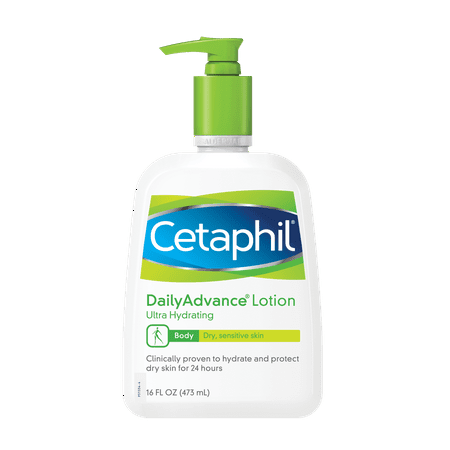
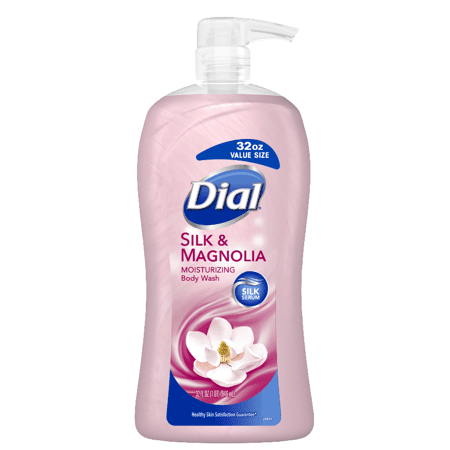
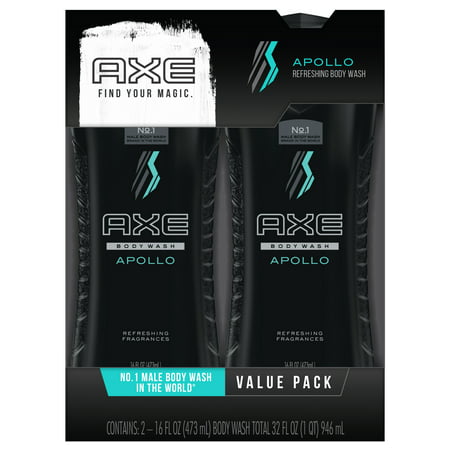
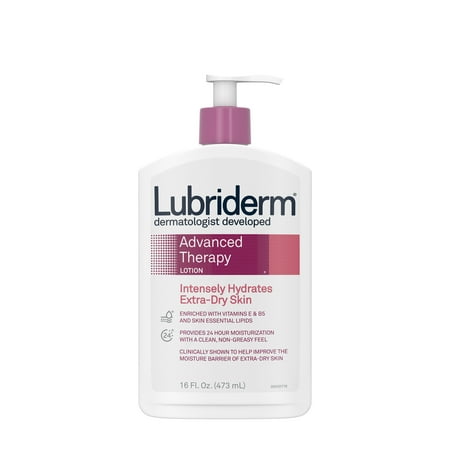
Reviews
There are no reviews yet.